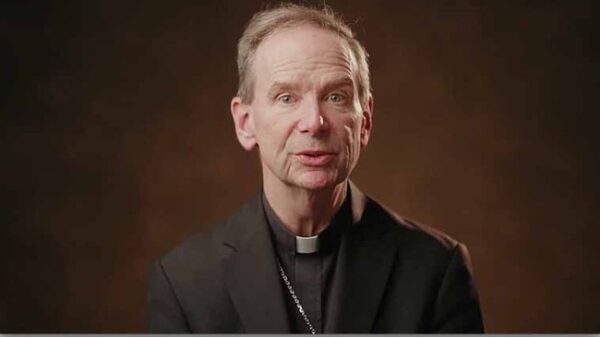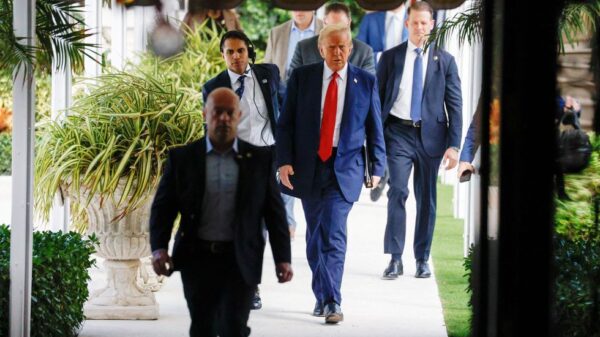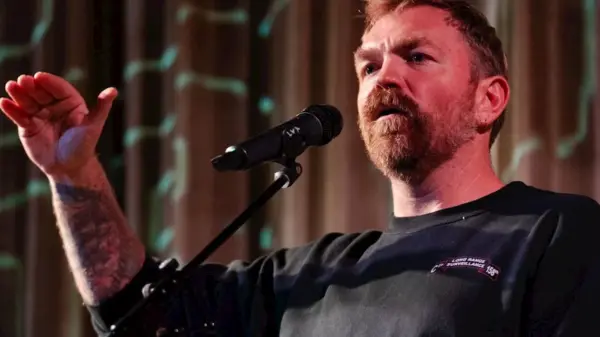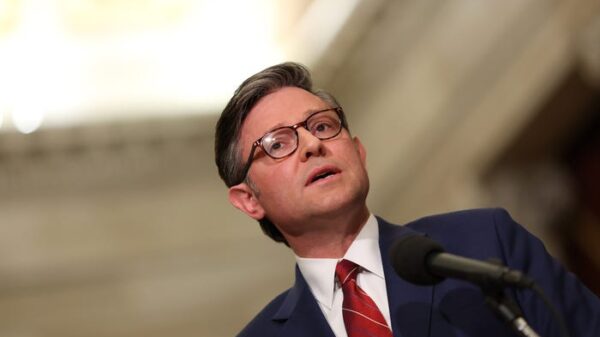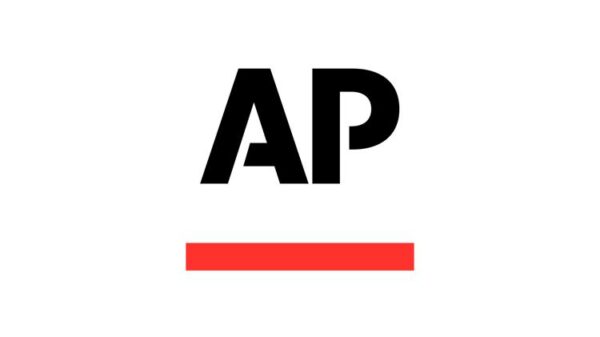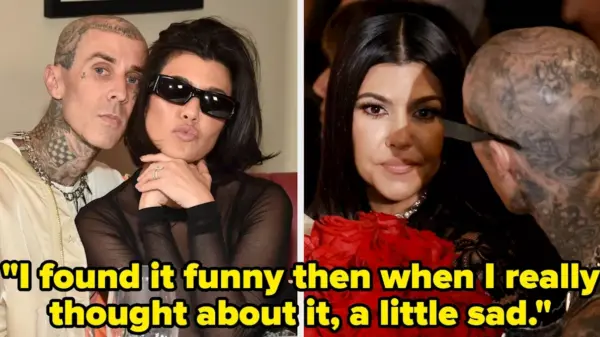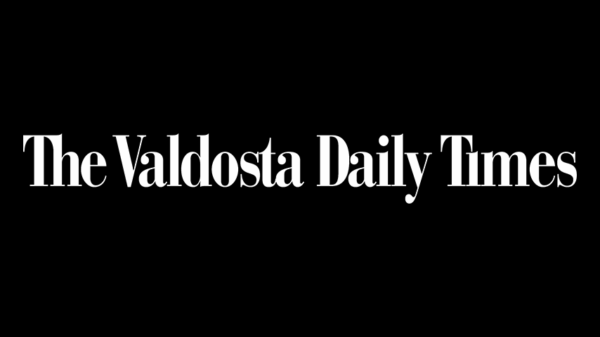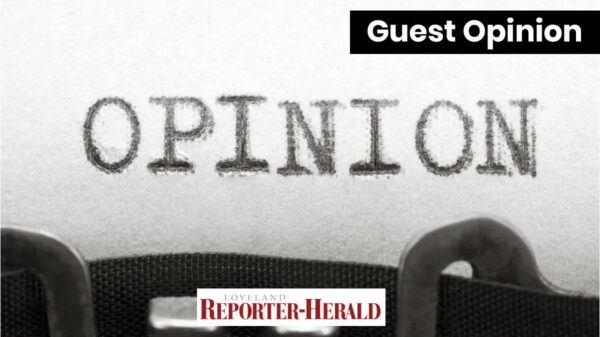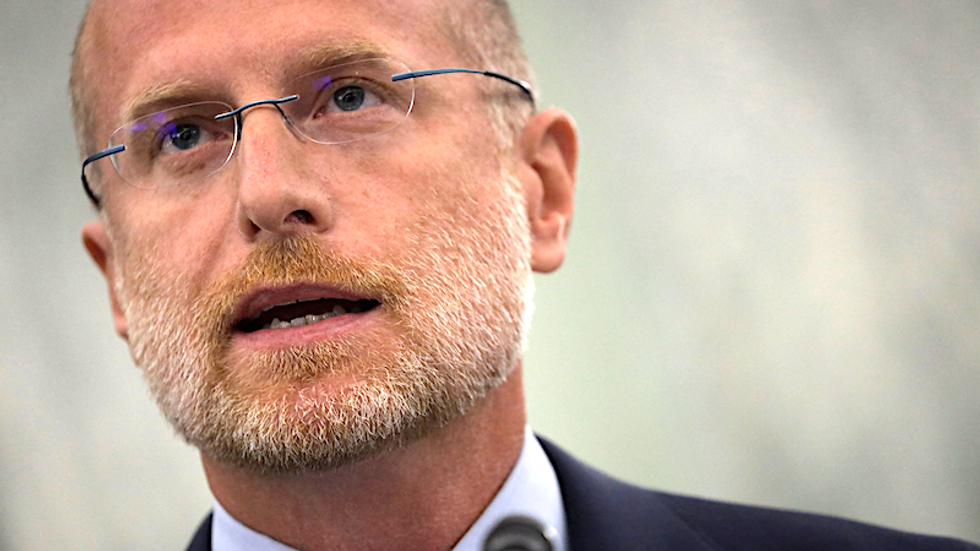UPDATE: Former President Donald Trump has unleashed a furious tirade against late-night host Seth Meyers on Saturday, October 14, 2023, calling for his removal from NBC. This outburst has triggered a wave of controversy, particularly after Brendan Carr, the chairman of the Federal Communications Commission (FCC), amplified Trump’s remarks on social media, raising serious questions about the role of government officials in political discourse.
In a post on his platform, Truth Social, Trump accused Meyers of suffering from what he termed an “incurable case of Trump Derangement Syndrome (TDS),” criticizing Meyers’ show as a “Ratings DISASTER.” Trump’s comments were direct and incendiary, stating, “He was viewed last night in an uncontrollable rage.”
Carr’s decision to share Trump’s post without any commentary has sparked outrage among political commentators and public figures. Notable attorney and public policy expert Gregg Nunziata questioned, “Why in the world is the FCC chairman posting this?” highlighting the potential implications of a government official engaging in partisan politics.
Prominent media critics have also weighed in. NPR’s David Folkenflik noted, “The nation’s top broadcast regulator amplifies President Trump’s call for network to fire satirist who mocked him.” This raises concerns about the integrity and independence of the FCC, which is tasked with regulating communications in the public interest.
Political analyst Norman Ornstein labeled Carr’s actions as an “utter disgrace,” arguing that it demonstrates a failure to uphold the impartiality expected from a federal regulator. Meanwhile, the group Protect Kamala Harris reported on Trump’s demands for Meyers’ removal, further emphasizing the tension between comedy and political power.
The fallout from this incident continues to unfold, with many questioning the boundaries of political expression and the responsibilities of public officials. As the story develops, observers are watching closely to see if Carr will take any formal action against NBC or if this controversy will lead to wider discussions about censorship and freedom of speech in the media landscape.
This situation is evolving rapidly, and the implications of an FCC chairman engaging in such partisan rhetoric could have lasting effects on the relationship between media and government. Stay tuned for further updates on this urgent development.












